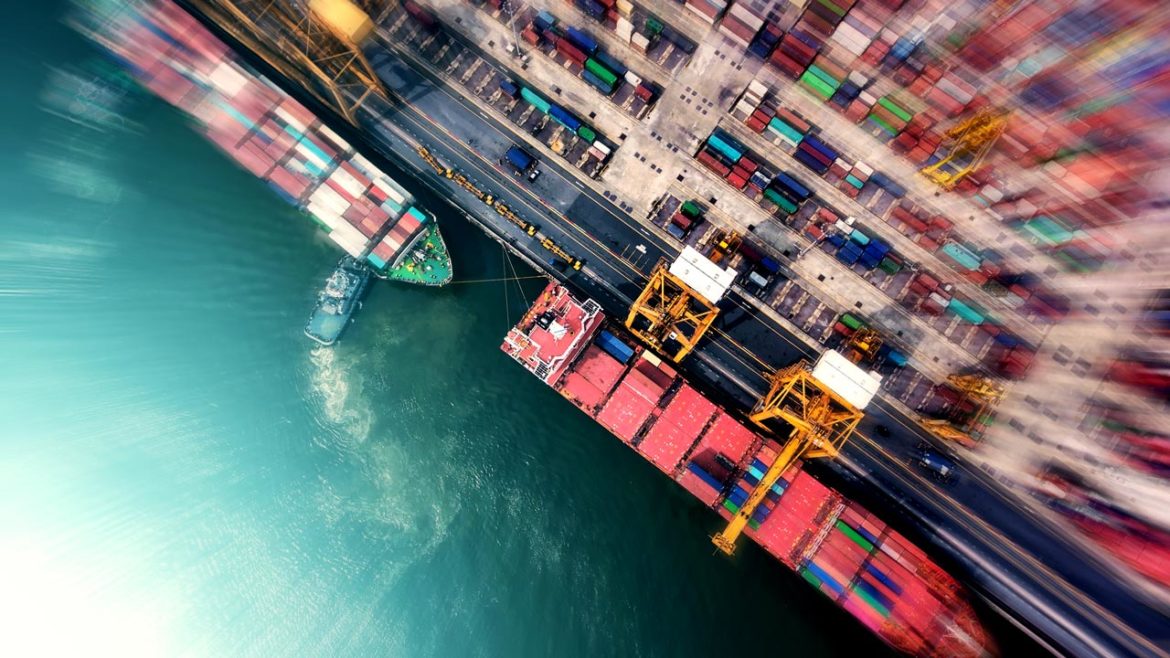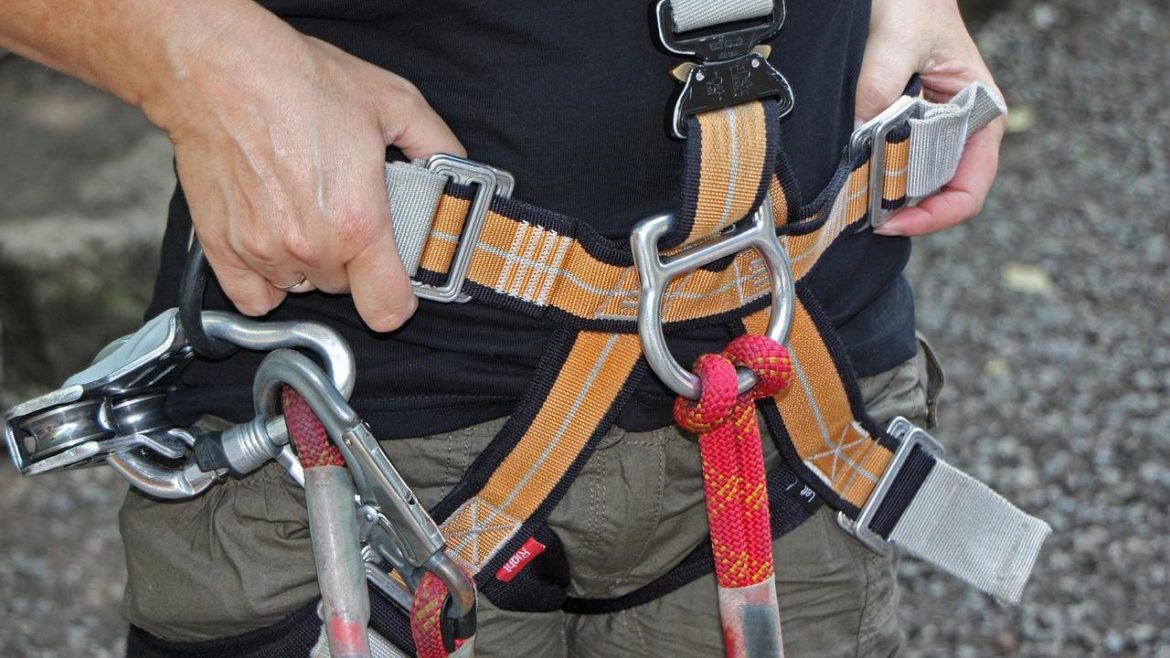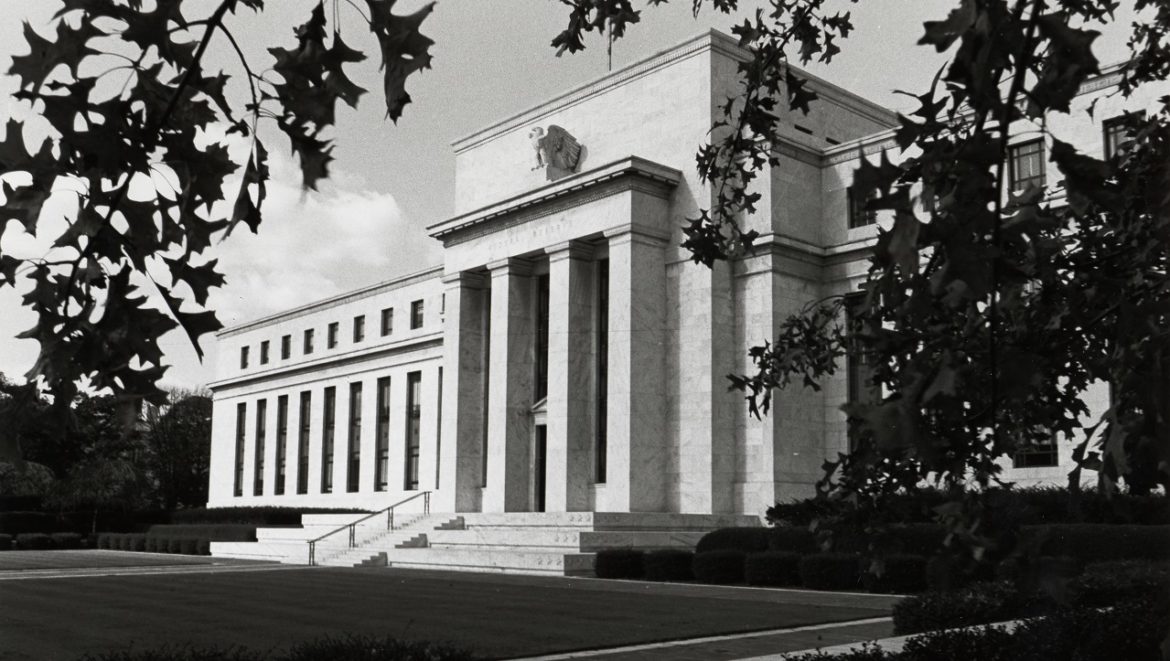Gold has all the potential to go unprecedentedly high. But silver will be gold on
Site:
Precious metals news
Classic case of inflationary expectations becoming deeply imbedded in the economy or is it possibly a relative price shift as political power moves to favor labor vs. Das Kapital? We think a bit of both.
May 5, 2022 - 06:41:59 PDT
Most Reckless Fed Ever on the move finally, biggest rate hike since 2000, QT next, but too little too late.
It’s still a very rocky road ahead, with pivotal economic data and global developments due within days that could seed doubts about Powell’s steady approach.
...the Fed's tightening campaign will prove much shorter than virtually anyone expects, and if anything, will segue right into easing and QE some time in late 2022 - around the time the next recession hits.
May 5, 2022 - 06:33:45 PDT
Here’s some simple Medusa math for you: negative growth + payroll gains = negative productivity. Negative productivity + high labor costs = very high unit labor costs. That’s not a pretty picture for the economy or for companies, and the Q1 figures were even worse than expected — productivity fell by 7.5%, pushing unit labor costs up by 11.6%. Nasty.
 Maersk: World’s Largest Shipper Warns About Stagflation - “Don’t Think It’s Temporary”
Maersk: World’s Largest Shipper Warns About Stagflation - “Don’t Think It’s Temporary”May 5, 2022 - 06:26:33 PDT
World’s largest shipping group by profits foresees risks building up in global economy
Inflation in Japan is its central bank's Achilles heel. Having to fight inflation will force the BOJ to drain global liquidity.
European Central Bank Executive Board member Fabio Panetta said economic expansion has almost ground to a halt in the euro area and faces further “high costs” as policy makers battle record inflation.
All over the place we glance, Britain seems damaged, our society, economic system, tradition and establishments in extreme decline, the product of two generations of political leaders who’ve refused to inform us troublesome truths. Maddeningly, the pathologies which might be consuming away at our...
 Turkish Consumer Inflation Soared More Than Predicted by Economists to an Annual 70%
Turkish Consumer Inflation Soared More Than Predicted by Economists to an Annual 70%May 5, 2022 - 05:44:06 PDT
The discrepancy exposes the lira to further weakness. The currency has already lost about a 10th of its value against the dollar this year, and its depreciation quickly translates into further increases in consumer prices in Turkey’s highly dollarized economy.
May 5, 2022 - 05:39:25 PDT
This is something to monitor closely as it increases the risk of stagflation and, here and there, of recession.
The surging profits prompted renewed calls from activists and politicians for a windfall tax. U.K. Prime Minister Boris Johnson already appeared to rule out such a policy, saying it would discourage vital investment in domestic energy supplies.
 Europe May Lose The Energy Transition Race Before It Really Begins | OilPrice.com
Europe May Lose The Energy Transition Race Before It Really Begins | OilPrice.comMay 5, 2022 - 05:33:25 PDT
Europe’s dependence on imports of metals critical to the energy transition could pose a problem, but there may be one overlooked solution that could help keep it on track
The world runs on energy, and while some key petrostates have risen to power as a result, the global battery boom and energy transition could redraw geopolitical maps
 The U.S. Seeks To Spend Hundreds of Billions of Dollars To Compete With Chinese Technology
The U.S. Seeks To Spend Hundreds of Billions of Dollars To Compete With Chinese TechnologyMay 5, 2022 - 05:23:44 PDT
The U.S. Congress edged closer on Wednesday toward completing a long-stalled bill authorizing hundreds of billions of dollars to boost the country's ability to compete with Chinese technology, with Senate votes on motions addressing issues including energy policy and Iran sanctions.
The March trade deficit came in at -$110B. This obliterated the February record trade deficit of $90B. As the chart below shows, the trade deficit has set a record in each of the last 4 months. It was creeping upwards from -$80B to -$90B before exploding in the latest month.
Jerome Powell began hinting that inflation might be a problem last August. In November, Powell retired the word "transitory." But here we are in May and the Federal Reserve still hasn't done anything substantive to address the inflation problem.And now it may be too late. It's probably time to buckle up for more inflation - and perhaps a crashing economy.
The Federal Reserve came through with the second rate hike of this tightening cycle, bumping up the Fed Funds rate by 0.5%. It was the biggest interest rate boost by the Fed since 2000. But given the extent of the inflation fight, this hardly seems like a bold, aggressive move. In fact, it was a weak swing that looks more like shadow boxing. And one has to wonder just how long the Fed can stay in the ring.
 Diver Was Convinced Hitler’s Secret Submarines Held ‘50 Tonnes of Gold’ and ‘Works of Art’
Diver Was Convinced Hitler’s Secret Submarines Held ‘50 Tonnes of Gold’ and ‘Works of Art’May 4, 2022 - 13:35:25 PDT
Adolf Hitler managed a fleet of modified secret submarines that had their machine guns and other weapons "removed" so they could transport art and gold out of Nazi Germany, according to a documentary.
The 9-inch-tall (23 centimeters) pot is filled with "a large amount of small change" — coins made of a copper alloy and a small percentage of silver, according to the statement. In total, all of the coins are worth about as much as a solidus, a pure-gold coin introduced by Emperor Constantine during the late Roman Empire that weighed about 0.15 ounces (4.5 grams). A solidus was worth about two months' salary for a soldier at the time.






















